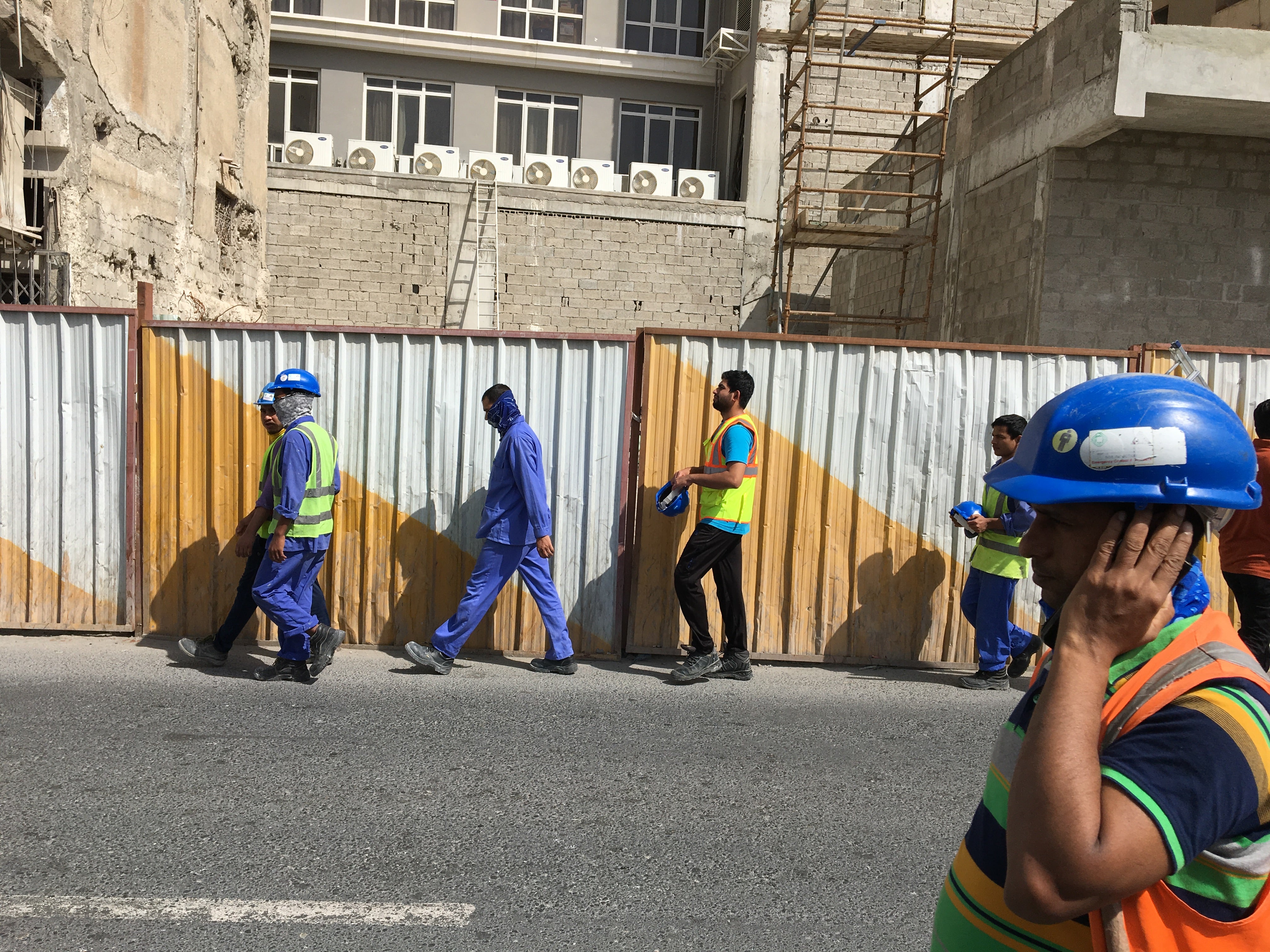Amnesty urges Qatar to get tough with ‘abusive’ bosses, two years ahead of World Cup kick-off
The 2022 World Cup will be the first to be held in the Middle East

Qatar should get tougher with abusive employers to ensure the country’s huge number of migrant workers get paid and protected from further potential exploitation, Amnesty International has urged the World Cup nation.
Despite backing the recent announcement of reforms, the human rights group said in a report released on Wednesday, that many workers potentially face further mistreatment unless groundbreaking changes announced recently by Qatar are fully enforced.
“In recent years Qatar has introduced a series of major reforms, including amending laws to give workers freedom of movement and allow them greater job mobility. It has also promised better pay and access to justice in cases of abuse,” said Amnesty’s Steve Cockburn.
“But many migrant workers have not yet benefited from these changes. Until these reforms are fully enforced, many will remain trapped in a cycle of exploitation.”
Amnesty added that Qatari reforms have “too often been undermined by weak implementation”.
“Qatar needs to do much more to ensure legislation has a tangible impact on people’s lives,” added Cockburn.
On November 21 it will be exactly two years until the Qatar World Cup kicks off, which will be the first ever to take place in the Middle East.
In the decade since being controversially awarded the right to host football’s biggest tournament, the Gulf state has come under intense international scrutiny and criticism over its treatment of migrant workers.
In September it announced arguably it most important reform to date, effectively ending the sponsorship system known as ‘kafala’, which has been likened to modern-day slavery.
Under the changes, Qatar will now allow workers to change jobs without the need to obtain their employers’ permission, which has been one of the most heavily criticised parts of the country’s labour system.
At the same time, it announced an increase in the country’s monthly minimum wage to 1,000 Qatari riyals, around £210.
Some two million of Qatar’s 2.7 million population is made up of migrant workers, many of them drawn from south Asia. They are responsible for helping build the country’s stadiums for the World Cup as well as the huge amount of infrastructure needed for the tournament.
In recent years, Qatar has built a new airport, road network and metro system, which will all be used for the tournament.
Previous reforms have been criticised for not being enforced properly such as the Wage Protection System. This was introduced in 2015 to ensure that workers got paid on time.
However, NGOs have long attacked this reform for not being rigidly implemented, meaning many workers still went without pay. There have even been reports in recent months of workers not receiving their salaries for several weeks or even longer.
In response to Amnesty, Qatar said labour reform was a “long-term process”.
“Our labour reform programme is by no means completed and we will continue to work with our international partners to create holistic and long- lasting change,” said a statement from the country’s government communications office.
“With the most recent reforms, the government has made significant progress towards creating a competitive labour market that guarantees the rights of everyone who works in Qatar.”
Join our commenting forum
Join thought-provoking conversations, follow other Independent readers and see their replies
Comments


Bookmark popover
Removed from bookmarks